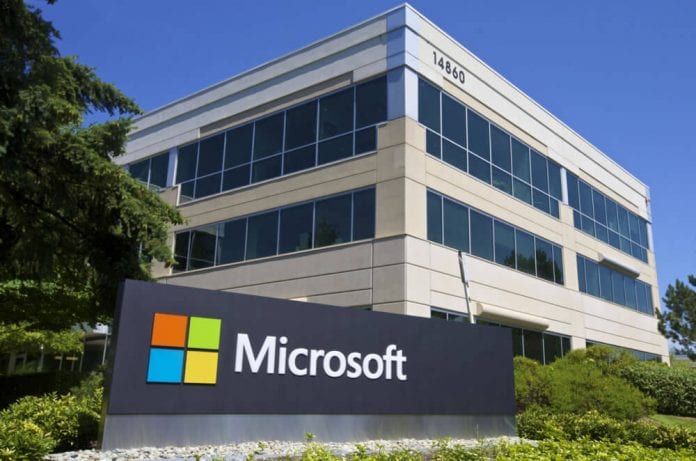
After announcing that they would help online users who wanted to take down revenge porn, by allowing them to ask for takedowns of videos that were uploaded without their consent, Microsoft Corporation (NASDAQ:MSFT) has received 537 requests.
The numbers which were released on Friday shows the number of requests of received and the number of requests that were also granted. The company accepted close to 63 percent of the requests. Microsoft delisted all the content from its Bing search engine and going as far as deleting all the files in OneDrive and XboX Live.
In a post, the tech company wrote, “In cases where we have not yet accepted a request, it is usually either because we have asked for more information to be able to make a determination on the request, or because the content in question does not contain nudity, identify the victim in the image, or otherwise meet generally accepted definitions of ‘revenge porn’”.
The move to release the numbers involved in this program is in line with the company’s new transparency report, which also features requests under the European Union’s “Right to be forgotten” initiative. The report covers requests made to remove content from governments, copyright holders and individuals. In between July and December, Microsoft received around 3,421 requests to remove content from the European version of Bing, to which they delisted around 41 percent of the sought content.
Law enforcement agencies are also part of the requesting group. A 26 percent year-over- year increase was seen in the number of requests for user information by the law agencies. There was also a 21 percent increase in the affected accounts by the requests. Turkey’s law officials made the most requests numbering a staggering 9,169 requests making it the highest in requests. However, the US law officials asked for a greater number of requests that affected accounts during the same period. The number of accounts asked for by the US was 12,355 using 5,297 requests.
Apparently the number of secret requests had dropped from the period from January to June 2015. The company explained in their post, “The government submitted fewer than 500 requests for content, which includes search warrants and surveillance orders. In the same vein, it sent less than 500 requests for non-content information, which includes ‘pen register and trap and trace’ orders that request information on who contacted who.








